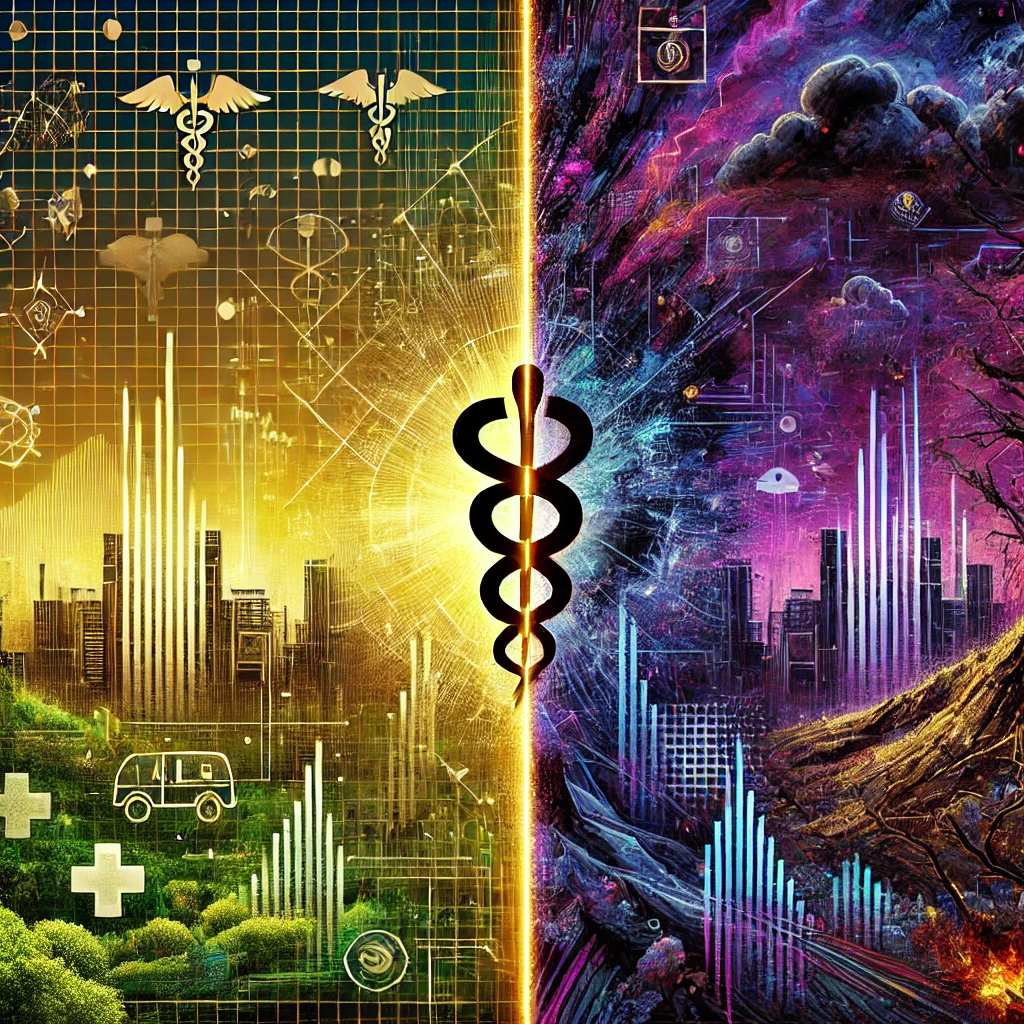The ongoing evolution of artificial intelligence is a marvel and a warning. As scientists and innovators hail its transformative potential in fields like energy production and drug discovery, they also acknowledge the profound dangers it presents. At a recent gathering, Demis Hassabis, CEO of Google DeepMind, described AI as a catalyst for a new golden age—if harnessed correctly.
However, the stakes are high. Hassabis emphasized that breakthroughs require precision: identifying the right challenges, curating accurate data, and designing and deploying optimal algorithms. AI, as he aptly noted, is no “magic bullet.”
The dangers loom large. Misuse of AI could exacerbate inequality, destabilize financial systems, or even engineer catastrophic bioweapons. The technology’s massive energy consumption poses an environmental risk, and its potential to disrupt ecosystems cannot be overlooked. A backlash against AI—fueled by its misuse or failures—could jeopardize its adoption and benefits.
The future of AI will depend not only on innovation but also on governance, ethics, and collective foresight. Are we prepared to wield this double-edged sword responsibly, or will we stumble into an “AI Fukushima” that reshapes the world in unintended ways?


